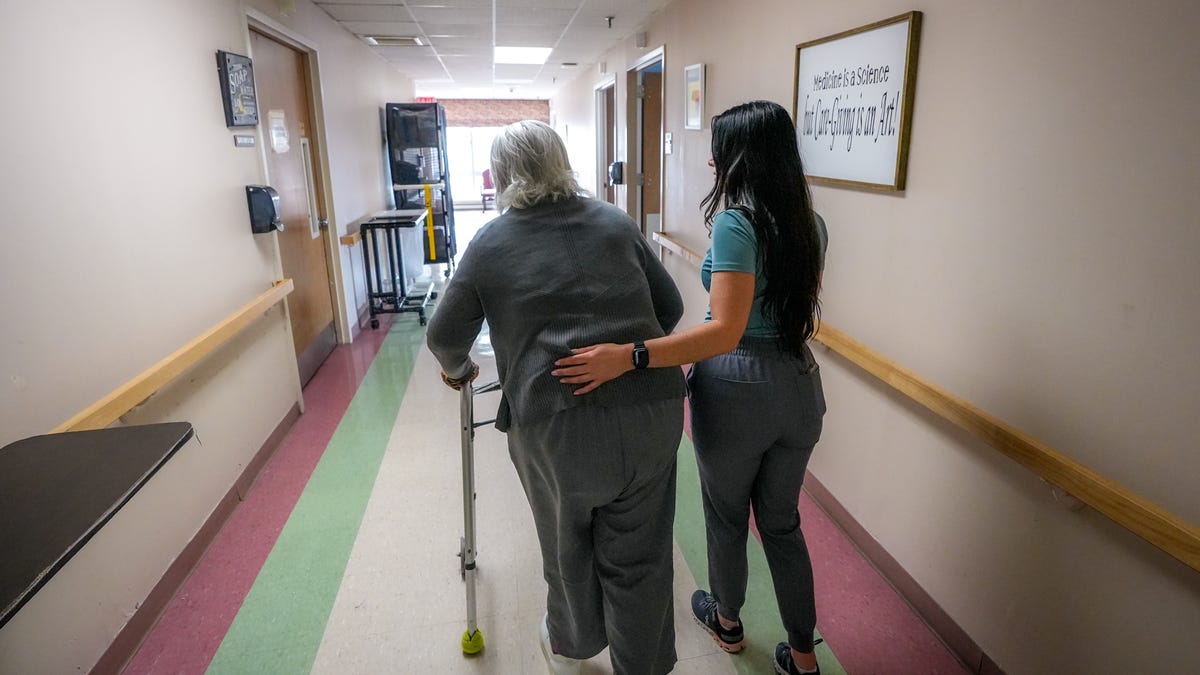Health
'Vampire facials' at unlicensed spa likely resulted in HIV infections: CDC
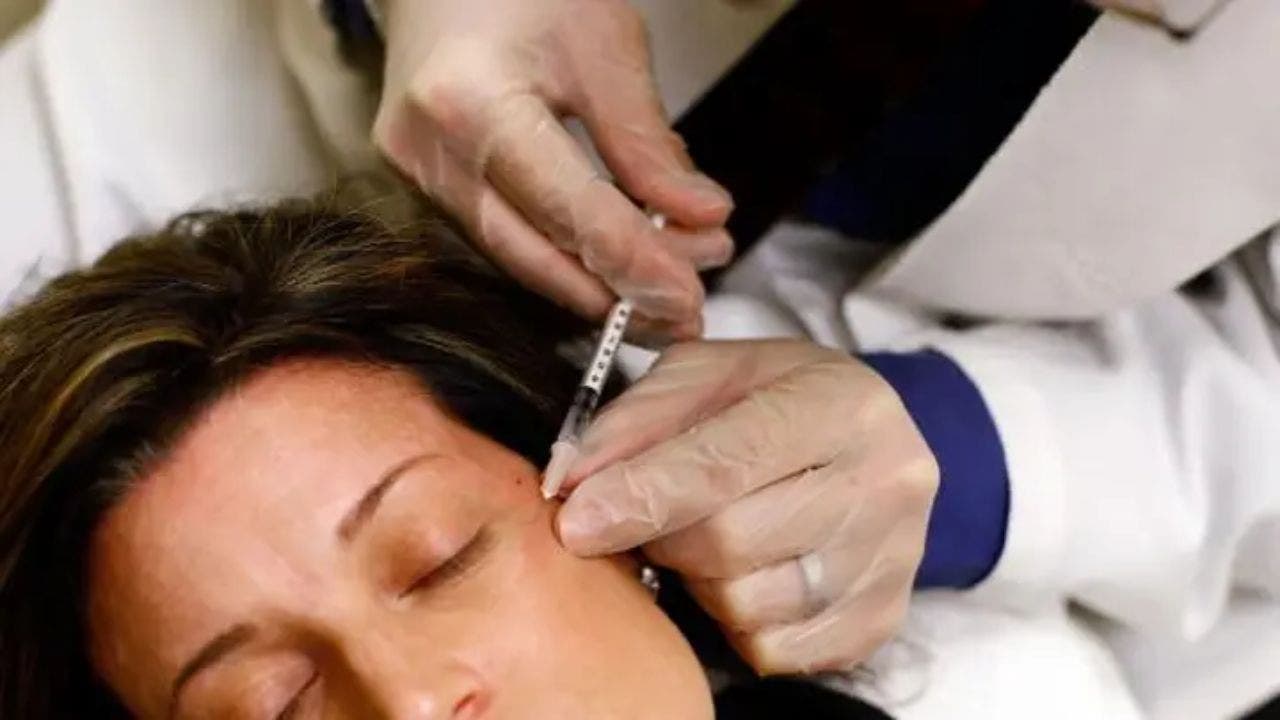
Three women likely contracted HIV after receiving so-called “vampire facials” at an unlicensed spa in New Mexico, according to a new report published by the Centers for Disease Control and Prevention (CDC).
The shocking findings would make them the first known cases of the virus being transmitted during a non-sterile cosmetic injection procedure, the CDC says.
A “vampire facial,” according to the American Academy of Dermatology Association, is a procedure where blood is drawn from the arm, placed into a machine which “separates the platelets from the rest of your blood,” then is “re-injected into you (only the part of your blood that contains a high concentration of platelets).”
CLOSED NEW MEXICO SALON WHICH GAVE ‘VAMPIRE FACIALS’ LINKED TO NEW HIV CASES: OFFICIALS
Several women likely contracted HIV after receiving so-called “vampire facials” at an unlicensed spa in New Mexico, according to a new report by the CDC. (iStock)
The procedure is also known as “platelet-rich plasma” and is considered to be a more affordable and less invasive option than getting a facelift.
Kim Kardashian is among those to have undergone the treatment. She posted an image of her bloody face after undergoing the process in 2013 but has since come out against the procedure.
The CDC’s investigation states that a woman in her 40s tested positive for HIV while traveling abroad in 2018.
The patient reported no injection drug use, recent blood transfusions, or recent sexual contact with anyone other than her current sexual partner, who received a negative HIV test result after the patient’s diagnosis. However, the patient did report exposure to needles during a platelet-rich plasma (PRP) microneedling procedure in spring 2018 at spa A in New Mexico.
Another person tested positive for the virus during routine tests for life insurance in 2018, while a third did not find out she had HIV until last year, when hospitalized with an “AIDS-defining illness.”
CDC ISSUES HEALTH ADVISORY WARNING OF ‘ADVERSE EFFECTS’ FROM FAKE BOTOX INJECTIONS

VIP Beauty Salon and Spa in Albuquerque, New Mexico. (Google Maps)
“This investigation identified an HIV cluster associated with receipt of cosmetic injection services at an unlicensed facility that did not follow recommended infection control procedures or maintain client records,” the CDC states.
While the CDC report did not name the spa, referring to it as “Spa A,” last year a spa in Albuquerque, New Mexico, was linked to several new HIV cases and the New Mexico Department of Health reached out to its former clients stating that there was a risk they may have contracted HIV, hepatitis B, and hepatitis C infection.
The spa, VIP Beauty Salon and Spa, closed in September 2018 after a multi-state agency “identified practices that could potentially spread blood-borne infections, such as HIV, hepatitis B, and hepatitis C to clients.”

In June 2022, VIP Beauty Salon and Spa owner, Maria Ramos De Ruiz, pleaded guilty to five felony counts of practicing medicine without a license, according to KRQE. (New Mexico Corrections Department)
In June 2022, the spa’s owner, Maria Ramos De Ruiz, pleaded guilty to five felony counts of practicing medicine without a license, according to KRQE. She was sentenced to three-and-a-half years in prison.
However, the source of contamination remains unknown, the report states.
“Although the investigative team was not permitted to collect specimens from spa A, evidence from this investigation supports the likely transmission of HIV through poor infection control practices.”
Fox News’ Adam Sabes contributed to this report.

Health
Sleep experts sound alarm on late night screen time: How your phone could be sabotaging your rest
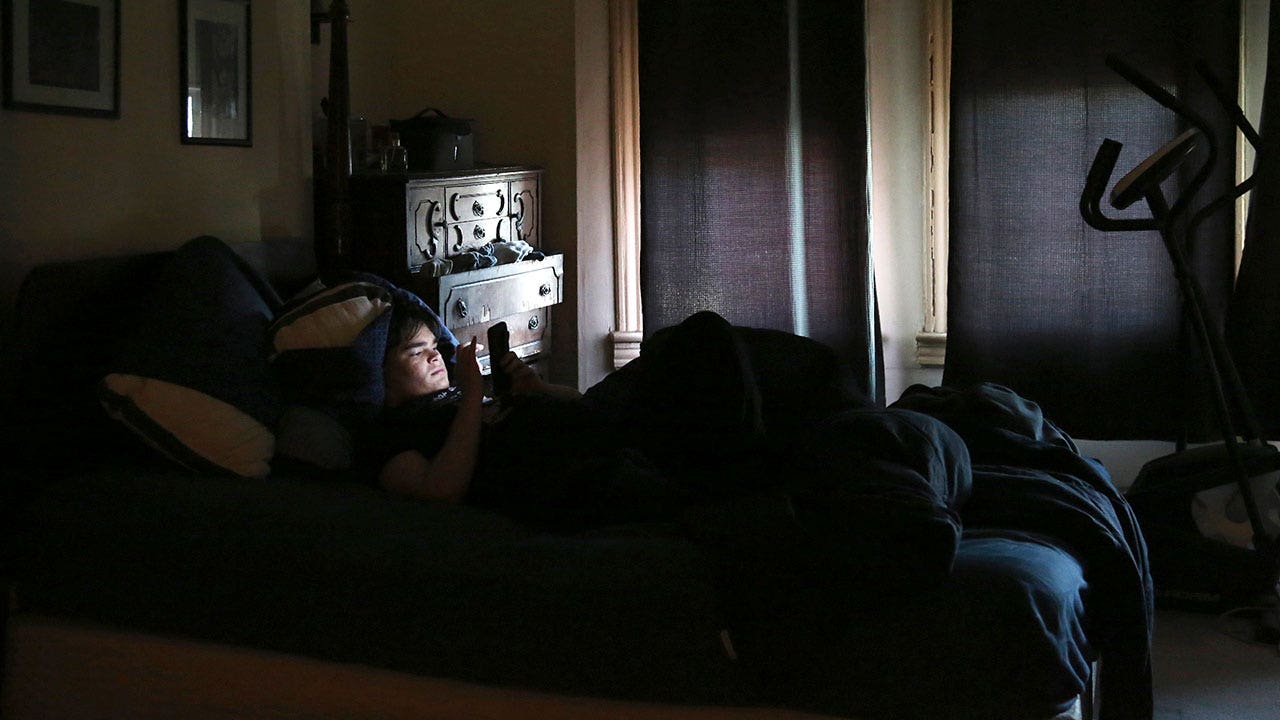
- More than half of Americans use their phones within an hour before bedtime, according to the National Sleep Foundation.
- Experts recommend shutting off devices earlier for better quality of sleep.
- Breaking the habit involves redesigning nighttime routines by replacing screen time with activities like reading or spending time with family.
Like many of us, Jessica Peoples has heard the warnings about excessive screen time at night. Still, she estimates spending 30 to 60 minutes on her phone before going to sleep, mostly scrolling through social media.
“Recently, I’ve been trying to limit the amount,” says Peoples, a discrimination investigator with the state of New Jersey. “I do notice that how much time I spend affects how long it takes to fall asleep.”
Over half of Americans spend time on their phones within an hour of going to sleep, according to a survey by the National Sleep Foundation. That’s the very latest we should shut off devices, experts say.
‘BED ROTTING’ IS SELF-CARE, SOME INSIST, BUT MENTAL HEALTH EXPERT SHARES WARNINGS ABOUT SOCIAL MEDIA TREND
The brain needs to wind down long before bedtime to get the restorative deep sleep that helps the body function, said Melissa Milanak, an associate professor at Medical University of South Carolina specializing in sleep health.
James Walter uses a phone at home in the Queens borough of New York, on April 7, 2021. Sleep scientists long ago established that insufficient sleep is linked with poor health outcomes, anxiety, obesity and several other negative effects. The research is equally conclusive that smartphones are particularly disruptive to the circadian clock that regulates sleep and other hormones. (AP Photo/Jessie Wardarski, File)
“You wouldn’t take a casserole out of the oven and stick it right in the fridge. It needs to cool down,” Milanak said. “Our brains need to do that too.”
Upending your bedtime routine may not be easy, but insufficient sleep has long been linked to anxiety, obesity and other negative outcomes. Research shows smartphones are particularly disruptive to the circadian clock that regulates sleep and other hormones.
“There are a million and one ways screens create problems with sleep,” said Lisa Strauss, a licensed psychologist specializing in cognitive behavioral treatment of sleep disorders.
The brain, she said, processes electric light — not just a smartphone’s much-maligned blue light — as sunshine. That suppresses melatonin production, delaying deep sleep. Even very little bright-light exposure in bed has an impact.
IT’S NOT JUST THE LIGHT THAT KEEPS YOU UP
Of course, doomscrolling through the news, checking emails or being tempted by ever more tailored videos on social media has its own consequences.
So-called “technostress” amps you up — possibly even triggering the brain’s flight or flight response. And algorithms designed to be engaging compel many social media users to scroll longer than they intended.
“Now it’s 30 minutes later, when you wanted to watch a couple videos and fall asleep,” Milanak said.
Though much of the scientific research on online media focuses on adolescents and young adults, Strauss said most of her clients struggling with insomnia are middle-aged. “People go down these rabbit holes of videos, and more and more people are getting hooked,” she said.
HOW TO BREAK THE HABIT
The issue is not just curtailing phone use in bed, but phone use at night. That means redesigning your routine, particularly if you use your phone as a way to decompress.
It helps to create replacement behaviors that are rewarding. An obvious contender is reading a physical book (e-readers are better than phones but still cast artificial light). Milanak also suggests using that hour before bed to take a warm bath, listen to a podcast, make school lunches for the next day, spend time with family or call a relative in another time zone.
“Make a list of things you like that never get done. That’s a great time to do stuff that doesn’t involve screens,” she said. Using a notepad to write down the to-do list for the next day helps keep you from ruminating in bed.
Do those activities in another room to train yourself to associate the bed with falling asleep. If there’s no other private refuge at home, “establish a distinct microenvironment for wakefulness and sleep,” Strauss said. That could mean sitting on the other side of the bed to read, or even just turning the other way around with your feet at the headboard.
Finally, sequester the phone in another room, or at least across the room. “Environmental control can work better than will power, especially when we’re tired,” she said.
WHAT IF STOPPING DOESN’T FEEL REALISTIC?
There are ways to reduce the harm. Setting the phone on night mode at a scheduled time every day is better than nothing, as is reducing screen brightness every night. Hold the phone far from your face and at an oblique angle to minimize the strength of the light.
Minimize tempting notifications by putting the phone on do not disturb, which can be adjusted to allow calls and messages from certain people — say, an ailing parent or a kid off at university — to go through. But none of these measures give you carte blanche to look at whatever you want at night, Strauss said.
She also recommended asking yourself why checking social media has become your late-night reward.
“Think about the larger structure of the day,” she said. Everyone deserves solitary moments to relax, but “maybe be more self-indulgent earlier so you have what you need.”
Health
Handling grief on Mother's Day, plus disease-fighting foods and heart health risks

Mother’s Day is a celebration for most, but it can be tough for those who have recently lost their mother. Experts share tips for handling the rush of emotions. (iStock)
MISSING MOM – The first Mother’s Day after losing a mom can be challenging. A mental health expert shares five tips for navigating grief during the holiday. Continue reading…
ABCs of BETTER ZZZs – A sleep hack circulating on social media could help you drift off faster at night. Plus, sleep experts share their own tips. Continue reading…
SEEING RED – A short temper could make you more susceptible to a heart attack, a new study suggests. Cardiologists weigh in on the risk. Continue reading…
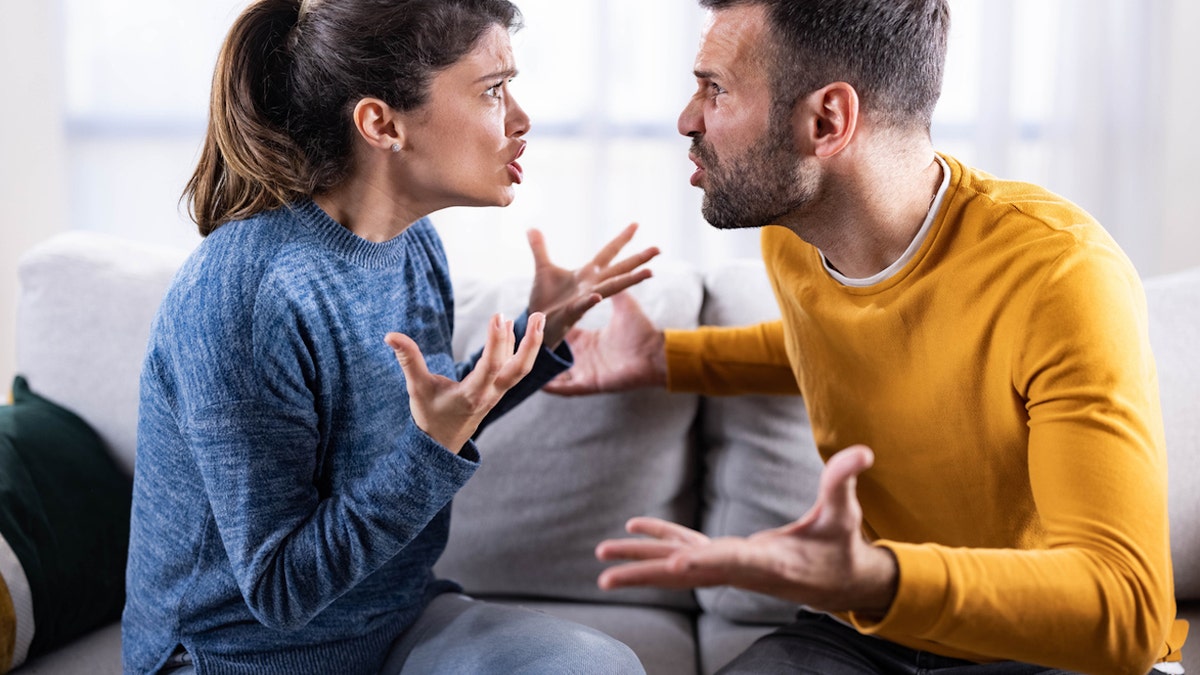
Feeling angry for as little as eight minutes a day could raise your chances of experiencing a cardiac event, according to a new study. (iStock)
MOM ON A MISSION – A Pennsylvania mother is urging people to join the bone marrow registry to help her 10-year-old daughter, along with other patients waiting on donations. Continue reading…
ASK A DOC – ‘Is it safe to crack my back or neck?’ Doctors share cautions. Continue reading…
FOOD FOR THOUGHT – Eating at least three servings of yogurt per week could reduce the risk of a common disease, according to the FDA. Nutritionists share the benefits. Continue reading…

Yogurt that contains live, active cultures is a great way to get good bacteria in your diet, according to a nutritionist. (iStock)
SENIOR SCREENINGS – Health officials recommend mammograms for women aged 40 to 74 – but why are senior women excluded? Medical experts explain. Continue reading…
HOLY GUACAMOLE! – Eating more avocado could help prevent the risk of a common disease in women, some claim. Here’s what you should know. Continue reading…
VACCINE SHORTAGE – As a bacterial infection spreads globally, some public health officials are calling for a ramp-up of vaccine production. Continue reading…
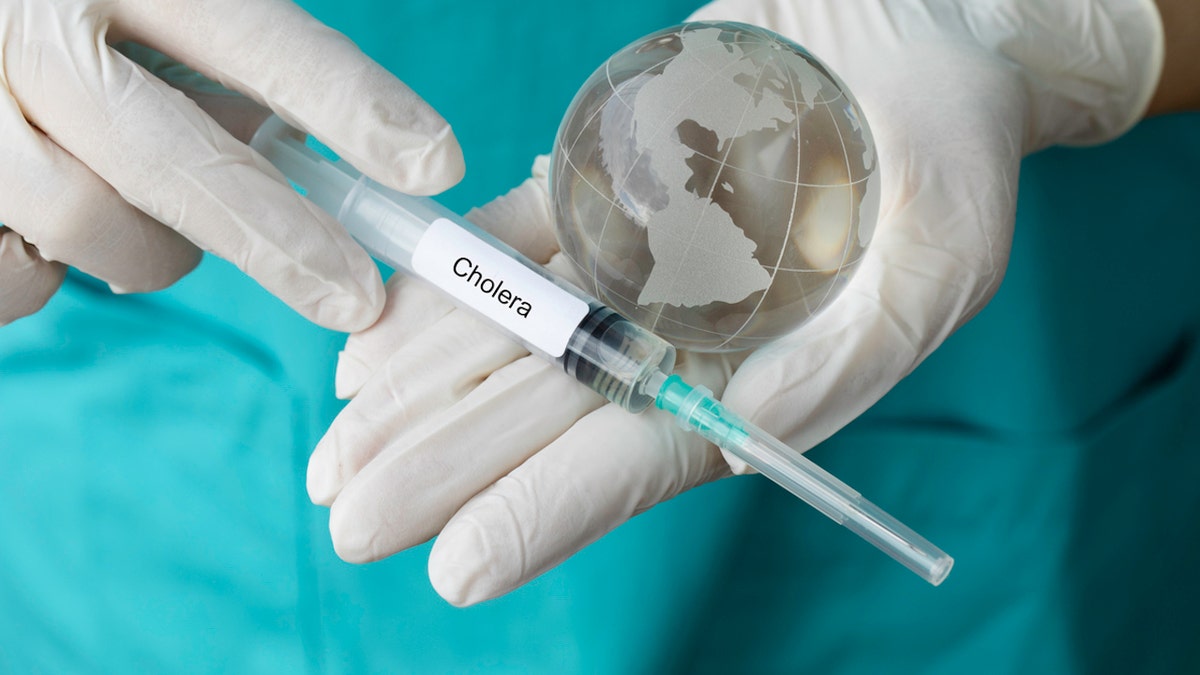
Around 473,000 cases of cholera were reported to the World Health Organization in 2022, which was twice as many cases as the prior year. (iStock)
FOLLOW FOX NEWS ON SOCIAL MEDIA
YouTube
SIGN UP FOR OUR NEWSLETTERS
Fox News First
Fox News Opinion
Fox News Lifestyle
Fox News Health
Fox News Autos
Fox News Entertainment (FOX411)
DOWNLOAD OUR APPS
Fox News
Fox Business
Fox Weather
Fox Sports
Tubi
WATCH FOX NEWS ONLINE
Fox News Go
STREAM FOX NATION
Fox Nation
Health
The Oatzempic Diet Is Going Viral, but Does It Work? Here’s How To Tap Real Weight Loss Benefits
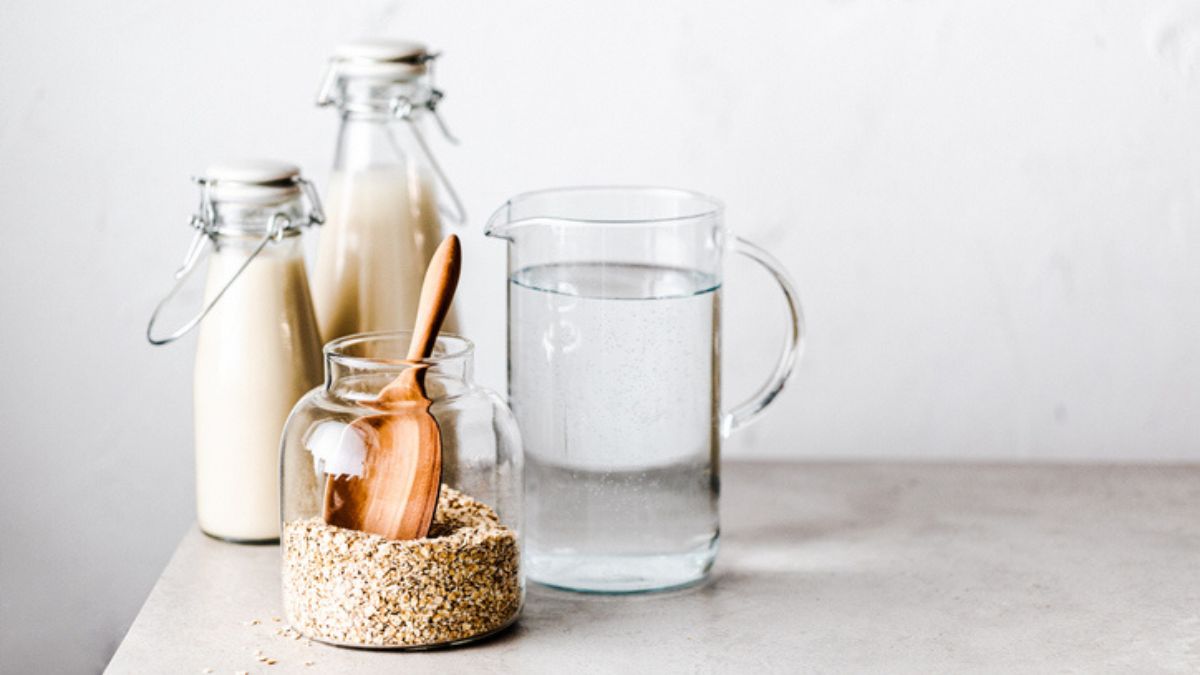
Sign Up
Create a free account to access exclusive content, play games, solve puzzles, test your pop-culture knowledge and receive special offers.
Already have an account? Login
Forgot your password?
Get back to the Sign In
Use left and right arrow keys to navigate between menu items.
Use escape to exit the menu.
-

 Politics1 week ago
Politics1 week agoStefanik hits special counsel Jack Smith with ethics complaint, accuses him of election meddling
-

 Politics1 week ago
Politics1 week agoThe White House has a new curator. Donna Hayashi Smith is the first Asian American to hold the post
-

 Politics1 week ago
Politics1 week agoAnti-Trump DA's no-show at debate leaves challenger facing off against empty podium
-

 News1 week ago
News1 week agoAs student protesters get arrested, they risk being banned from campus too
-

 News1 week ago
News1 week agoVideo: Police Arrest Columbia Protesters Occupying Hamilton Hall
-

 World1 week ago
World1 week agoNine on trial in Germany over alleged far-right coup plot
-

 Politics1 week ago
Politics1 week agoNewsom, state officials silent on anti-Israel protests at UCLA
-

 World1 week ago
World1 week agoStrack-Zimmermann blasts von der Leyen's defence policy


:quality(70):focal(2000x1990:2010x2000)/cloudfront-us-east-1.images.arcpublishing.com/shawmedia/E3DDLQXGBRAF7BX2L2DH3Y6DKY.jpg)

